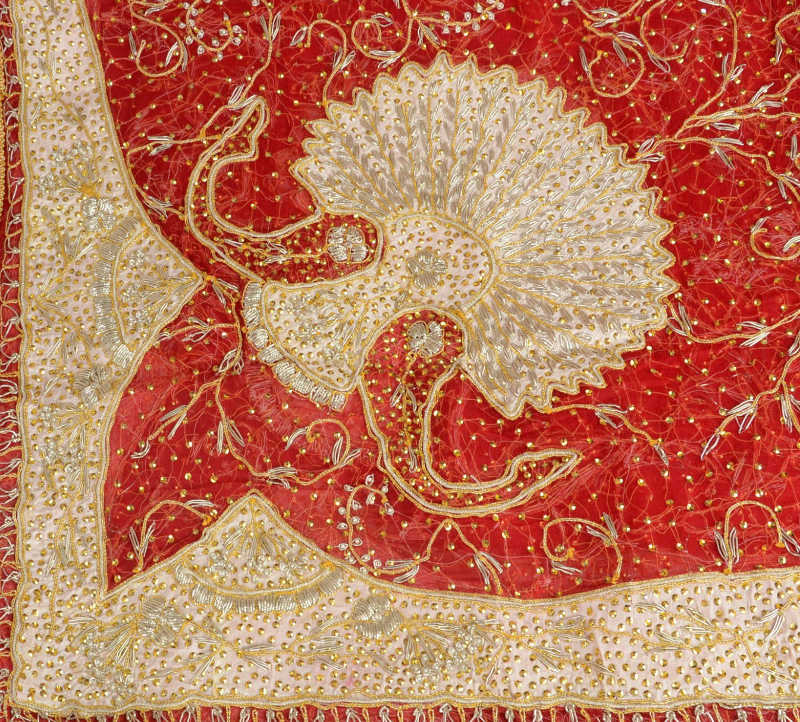===
0932,
4
===

=== |
 |
mūñdnā : 'To close, shut; to cover; to fasten; to imprison; to involve'. (Platts p.1094)
FWP:
SETS == JO; KAHAN
MOTIFS == BONDAGE
NAMES
TERMS == 'TUMULT-AROUSING'Well, no doubt SRF is right that the speaker is calling mankind a form of heavenly bird. But really, the scope of that first line is so much broader than merely our own species! The first line seems to identify every 'life-possessor' [jān-var] as such a 'heavenly bird', including animals, fish, insects, real (earthly) birds-- and why not angels too?
As so often, the grammar of the first line offers two obviously different readings, depending on how we interpret the jo :
=All who are beneath the sky are 'heavenly birds'-- despite their apparently earthly bodies, in spirit they can fly.
=All are 'heavenly birds'-- and yet they are 'beneath the sky' instead of beyond it as their name would suggest.
Then of course the second line, with kahāñ creating a variant of the 'kya effect', conspicuously refuses to clarify things:
=Where/how has passion imprisoned them?! -- for in one way or another, they are all governed or constrained by passion.
=As if passion has imprisoned them! -- it hasn't, of course, for they all move freely about.
Perhaps because I don't see the verse as being particularly about humans, I don't feel it as necessarily 'tumult-arousing' the way SRF does. Here is one more case where he is sure the verse has a particular tonal quality, while I see it as having a variety of possible tones; for more on this, see {724,2}.